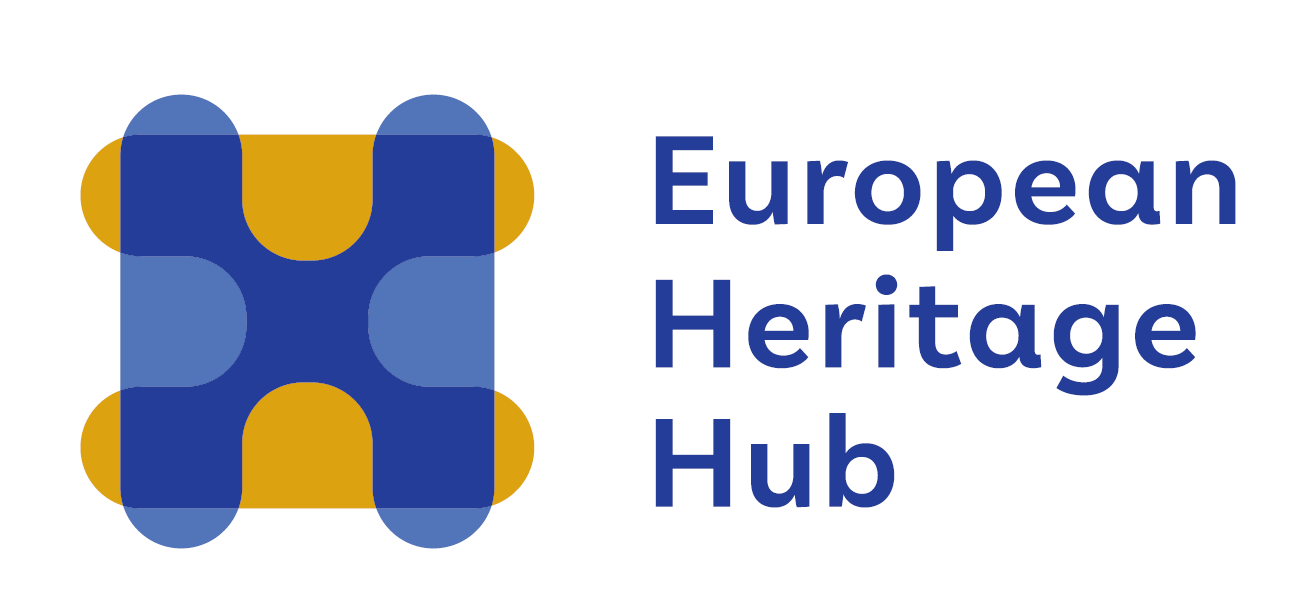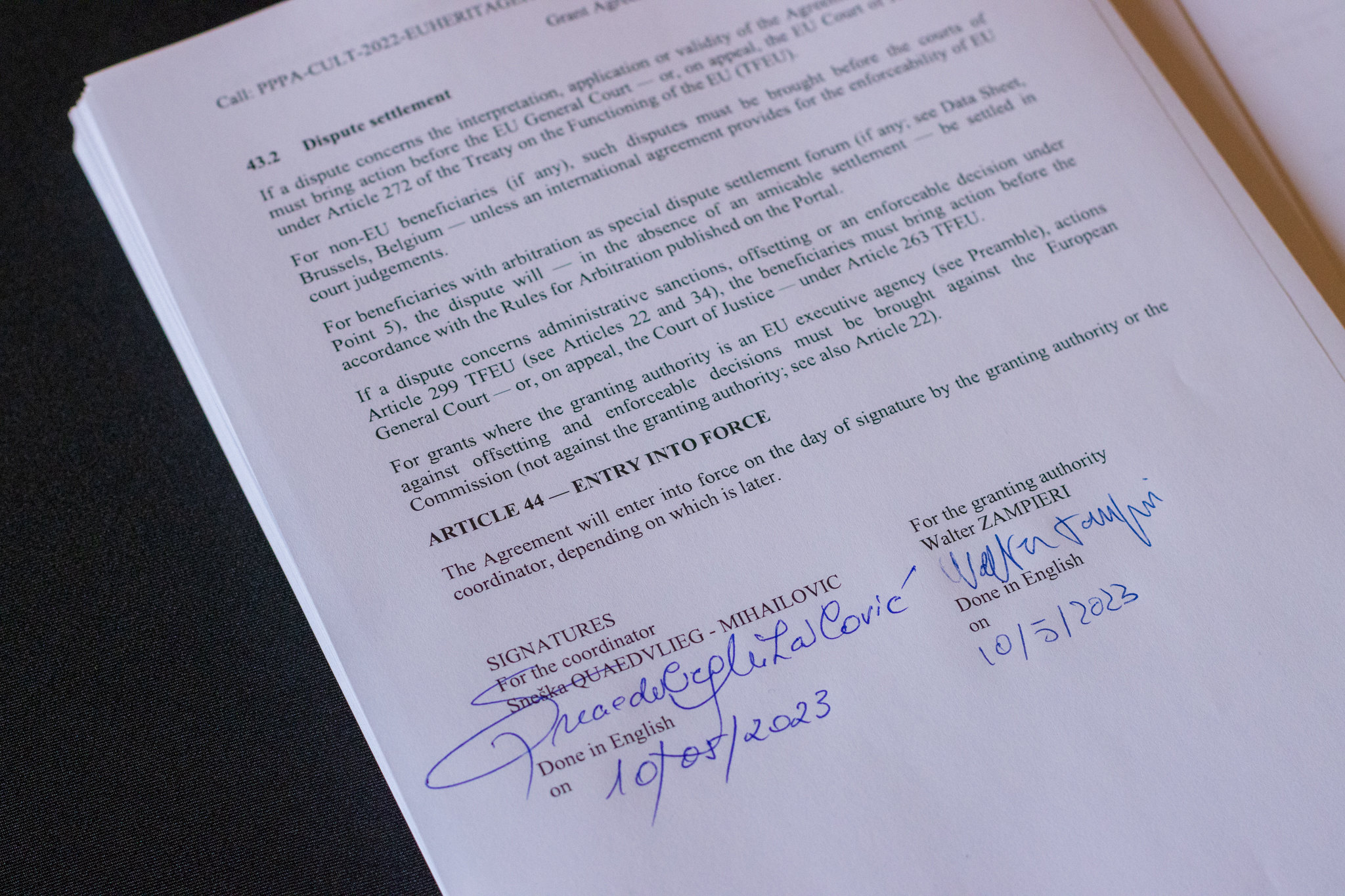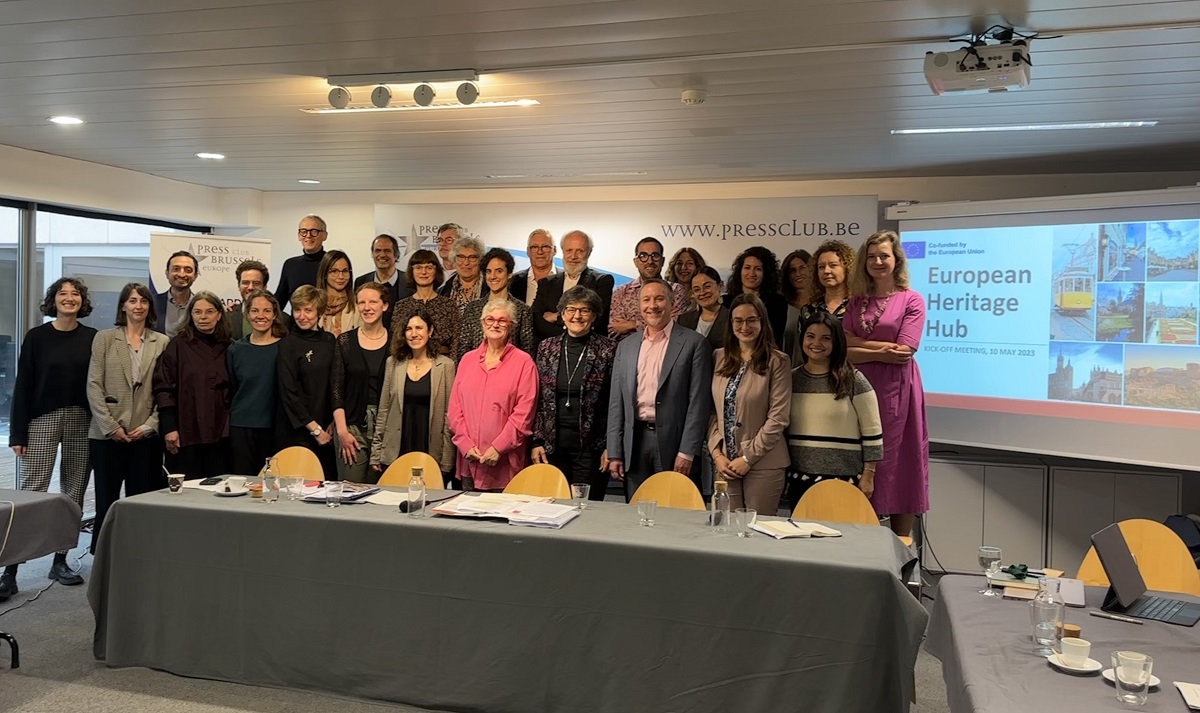We use cookies to help you navigate efficiently and perform certain functions. You will find detailed information about all cookies under each consent category below.
The cookies that are categorized as "Necessary" are stored on your browser as they are essential for enabling the basic functionalities of the site. ...
Necessary cookies are required to enable the basic features of this site, such as providing secure log-in or adjusting your consent preferences. These cookies do not store any personally identifiable data.
Functional cookies help perform certain functionalities like sharing the content of the website on social media platforms, collecting feedback, and other third-party features.
Analytical cookies are used to understand how visitors interact with the website. These cookies help provide information on metrics such as the number of visitors, bounce rate, traffic source, etc.
Performance cookies are used to understand and analyze the key performance indexes of the website which helps in delivering a better user experience for the visitors.
Advertisement cookies are used to provide visitors with customized advertisements based on the pages you visited previously and to analyze the effectiveness of the ad campaigns.
The European Heritage Hub is one of the largest cultural heritage-driven projects across Europe to support the green, social and digital transformation. Kraków Heritage Hub is part of a consortium consisting of 21 European organisations and institutions.
The project will gather diverse expertise and pool resources to mobilise and strengthen a cultural heritage-driven movement in Europe. The project is implemented by a consortium of European organisations and institutions dealing with cultural policies, cultural heritage management, advocacy for culture and heritage, digitisation, education and promotion of heritage.
The project responds to the need to set up a more permanent heritage hub in Europe which seeks to bring together various stakeholders with the view of ensuring a more structured cooperation and coordination of action at all levels of governance, from local to European and international. Building on the extensive expertise and experience of the consortium, the Hub sets out to tackle the many priority goals of the European Union and its key partners in Europe and beyond. Special emphasis will be given to climate action and the green transition; inclusion, cohesion and accessibility; as well as innovation and digital transition. These three cross-cutting issues will be at the heart of the entire project and be embedded horizontally in all its activities.
The project is funded by the European Union and will run for an initial two-year period, from May 2023 to April 2025.

The project brings together relevant partners reflecting at the same time all levels of governance (EU, national, regional and/or local) and the priorities of the project (such as capacity-building, research, communication, etc.). They gather a wide array of expertise and experience, covering all aspects of heritage in the whole of Europe.
Project Leader
Europa Nostra shall lead and coordinate all the activities with the invaluable input and cooperation of the partners.
The key European partners (co-beneficiaries) of the project
KU Leuven – via HERKUL – KU Leuven Institute for Cultural Heritage
ICLEI – Local Governments for Sustainability
These four European partners have relevant Europe-wide expertise and experience working with the topics of the pilot-project – with a special focus on climate action, social inclusion and digital transformation.
Affiliated partners
Society of Friends of Kraków History and Heritage – as operator/coordinator of the Europa Nostra Heritage Hub for Central and Eastern Europe
ELLINIKI ETAIRIA – Society for the Environment and Cultural Heritage – as operator/coordinator of the Europa Nostra Heritage Hub for South Eastern Europe and Eastern Mediterranean
Cinquantenaire 2030 – as a newly established organisation, which will contribute to the operation of the European Heritage Hub at the heart of EU-decision making in Brussels
Centro Nacional de Cultura – as country representation of Europa Nostra in Portugal, which stands ready to become the operator/coordinator of a future European Heritage Hub outpost in Lisbon
Hispania Nostra – as country representation of Europa Nostra in Spain, which will coordinate the youth-related activities of the European Heritage Hub
European Music Centre – in its capacity as coordinator of the European Musician Museums and Houses Network, which will coordinate the music-related activities of the European Heritage Hub
These partners will take responsibility for coordinating the activities of regional outposts of the European Heritage Hub or activities with a horizontal dimension, such as youth-related activities and music-related activities.
Associated partners
Organisation of World Heritage Cities
Directorate-General for Cultural Heritage
Calouste Gulbenkian Foundation
Other partners supporting the project
European Students’ Association for Cultural Heritage (ESACH)
European Union Youth Orchestra (EUYO)

The European Heritage Hub pilot project is a knowledge-sharing, networking, training and capacity-building as well as an advocacy platform for cultural heritage stakeholders, at European, national and regional levels. The hub seeks to strengthen the engagement of citizens with Europe’s cultural heritage. It particularly focuses on attracting the younger generation of heritage professionals, following the European Year of Youth 2022. The hub also drives policy analysis, development and advocacy builds connections with existing EU-level initiatives, and generates communication and awareness-raising campaigns on safeguarding cultural heritage.
The European Heritage Hub will establish and develop an autonomous advocacy and knowledge platform bringing together a large array of cultural heritage stakeholders and movements across Europe, contributing to a more sustainable, innovative and inclusive future for the wider field of cultural heritage. It will foster synergies and cooperation between existing heritage initiatives and actors, and create new ones when relevant. The Hub will be at the forefront of advocacy for holistic and integrated policies at all governance levels and will support heritage professionals and volunteers in sharing and acquiring the necessary skills to build their resilience by adapting adequately to the triple transformation of our society – digital, environmental and social.
The project will strongly connect and actively engage the respective extended networks of all partners through innovative tools and creative advocacy and awareness-raising campaigns. Ultimately, it will reach out to citizens at large. A special emphasis will be put on capacity building and the involvement of the younger generation of heritage students and professionals.
The project is building on the success of the European Year of Cultural Heritage 2018, and on the European Framework for Action on Cultural Heritage, established by the European Commission with the aim to capture and scale up the success of the European Year and to ensure its lasting impact, through an ambitious set of 60 actions. It also carries on the legacy of the European Year of Youth 2022 and contributes to the European Year of Skills in 2023.


